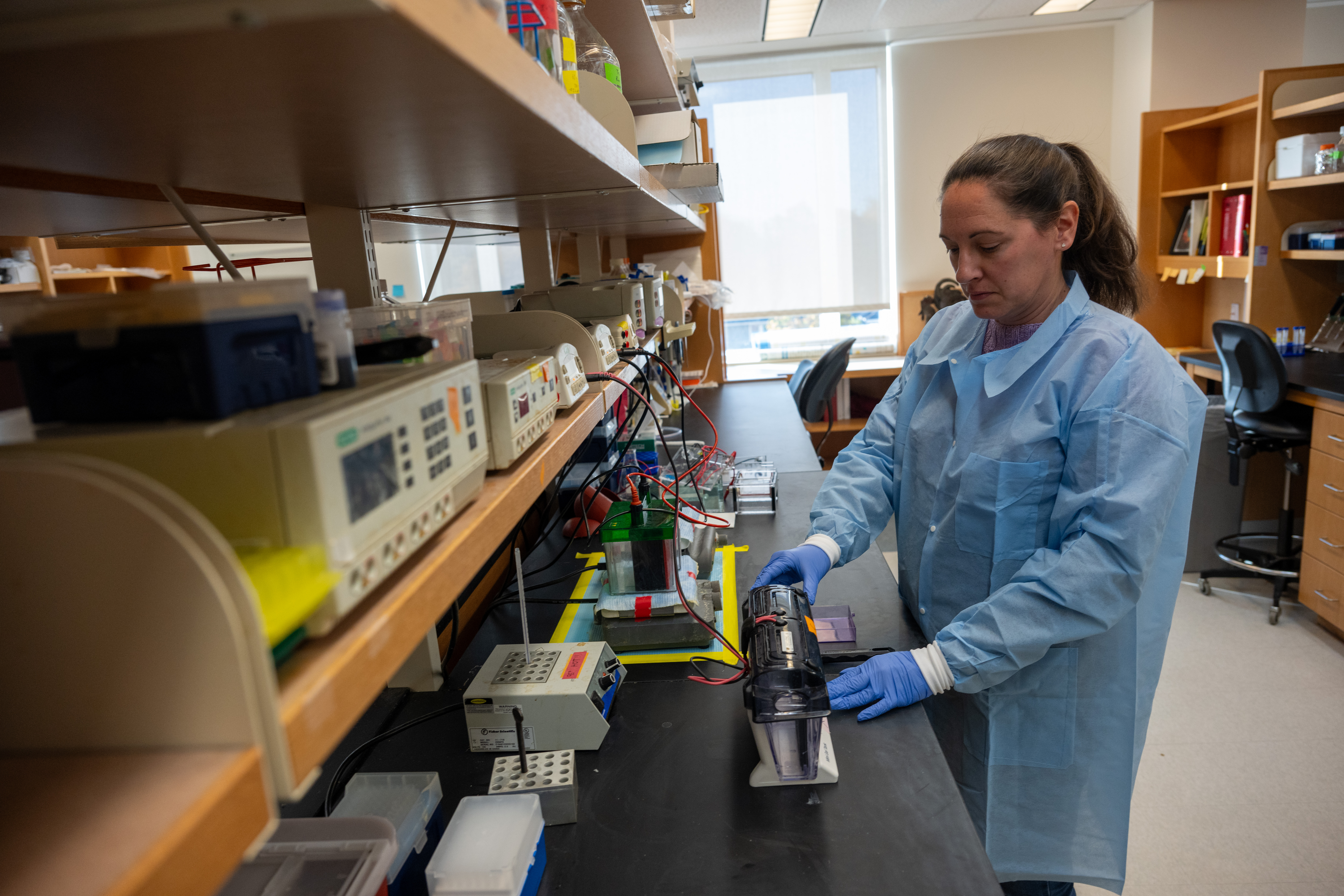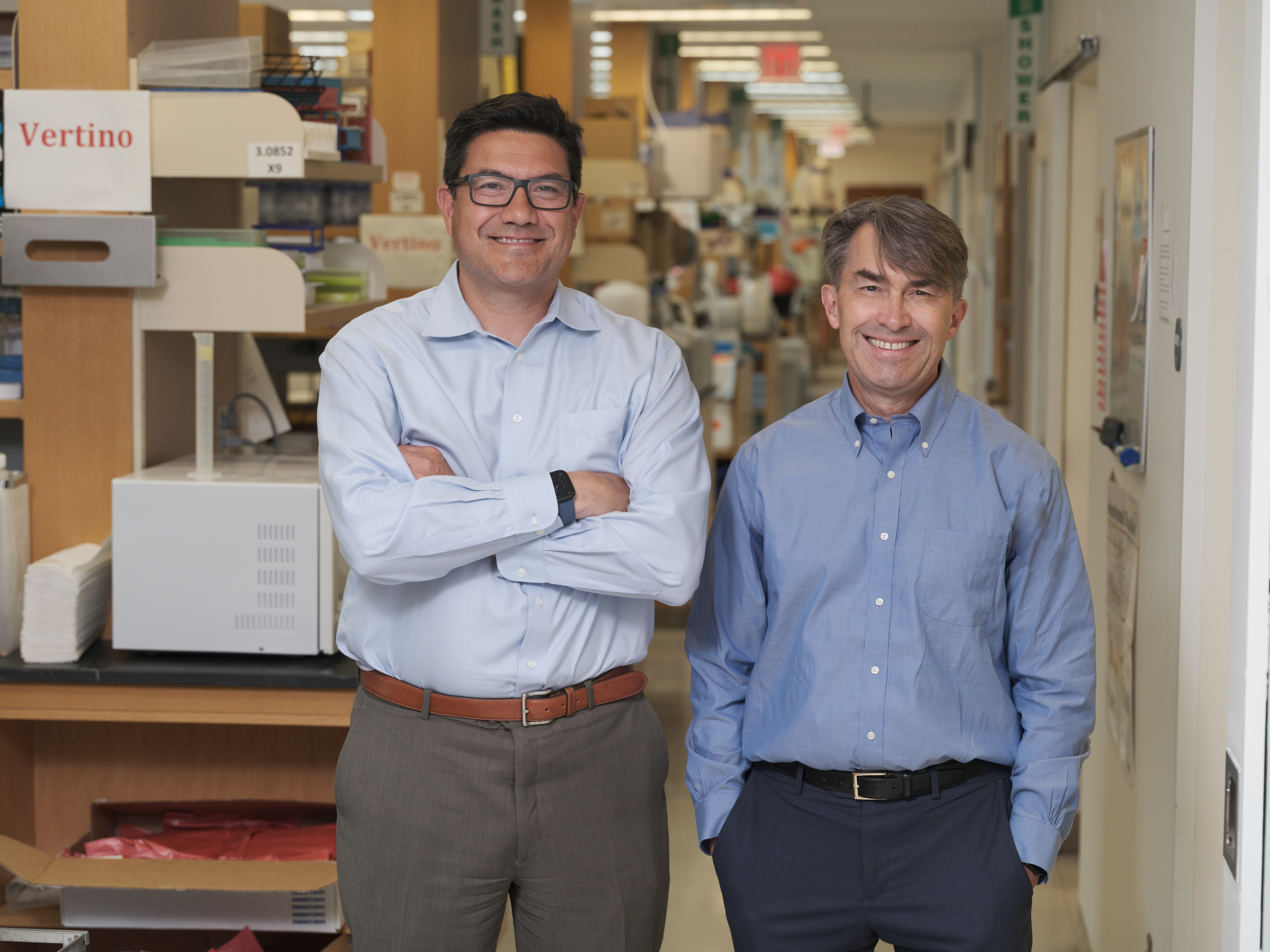Genetics, Epigenetics and Metabolism (GEM)

The goal of the Genetics, Epigenetics and Metabolism (GEM) program is to better understand the molecular and cell intrinsic processes that normally constrain cancer development, as well as cancer cell survival, evolution, and recurrence. The GEM program achieves this goal through fundamental research that addresses:
- The contribution of genetic and epigenetic disruption and altered gene regulatory mechanisms to cancer;
- The role of cellular and organismal aging in exposing new cellular vulnerabilities;
- The central role of metabolic dysregulation as a defining and exploitable feature of cancer cells.
The GEM program has three specific aims:
- To understand the mechanisms by which altered transcriptional and post-transcriptional gene regulation contribute to aberrant cancer-cell programming.
- To elucidate the role of plasticity and aging in cancer development and disease trajectory.
- To define and exploit vulnerabilities brought about by oxidative stress and metabolic reprogramming.
GEM strives to work toward clinical translation through the development of preclinical models, the identification of novel biomarkers, and by informing early-phase therapeutic strategies and new clinical trials in collaboration with Wilmot’s Translational Research Groups. GEM has increasingly embraced principles of community-engaged research to guide its studies.
Program Leaders

Darren Carpizo, M.D., Ph.D.
Professor of Surgery/Oncology at the Wilmot Cancer Institute
Dr. Carpizo's interests include liver, pancreatic, and other gastrointestinal cancers and basic science in those areas that leads to clinical trials.
David McConkey, PhD
Vice chair for research in the Department of Urology. Dr. McConkey’s interests include all aspects of bladder cancer, from tumor development to advanced treatment and clinical trials.
To view a full list of members and search by program, visit our research members page.